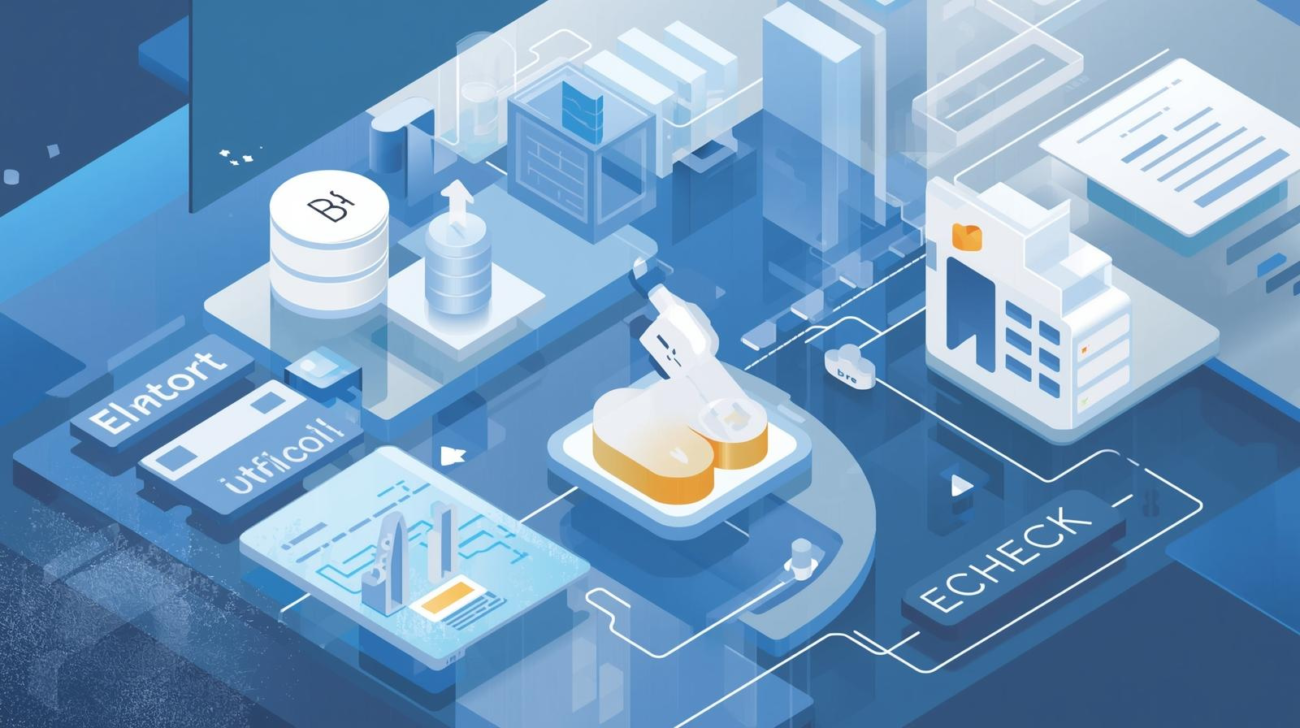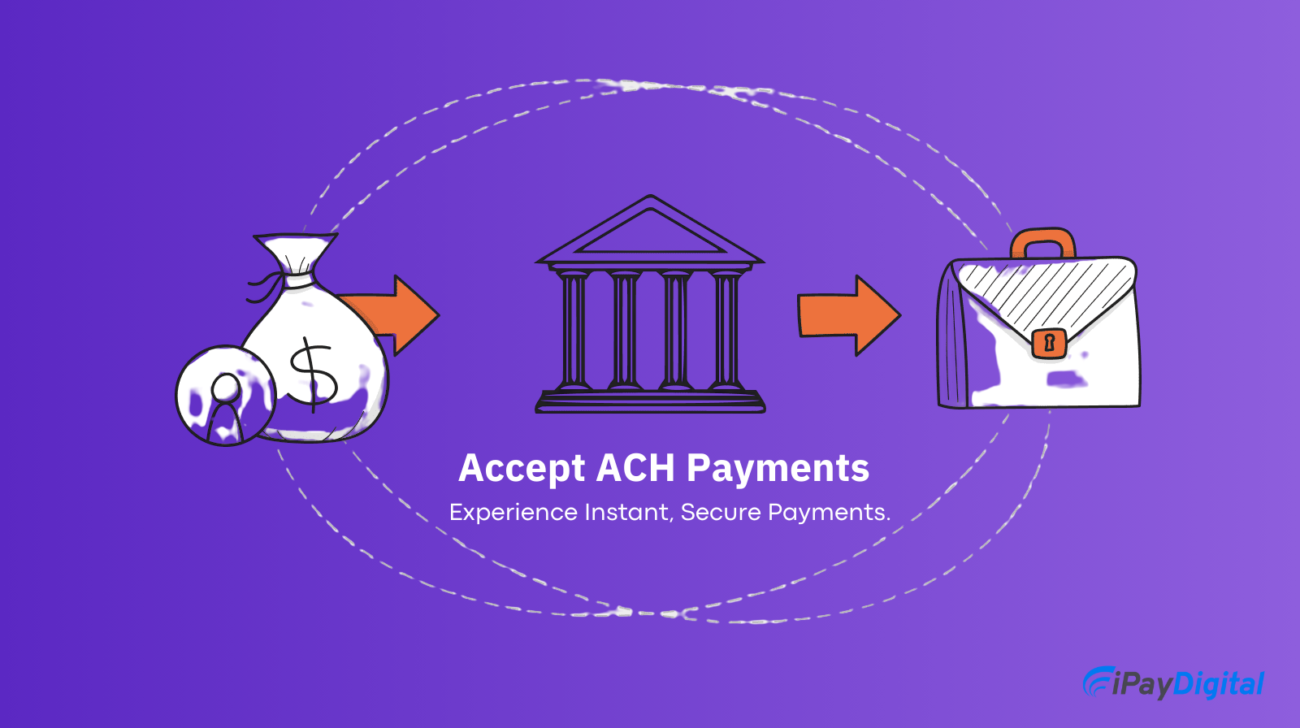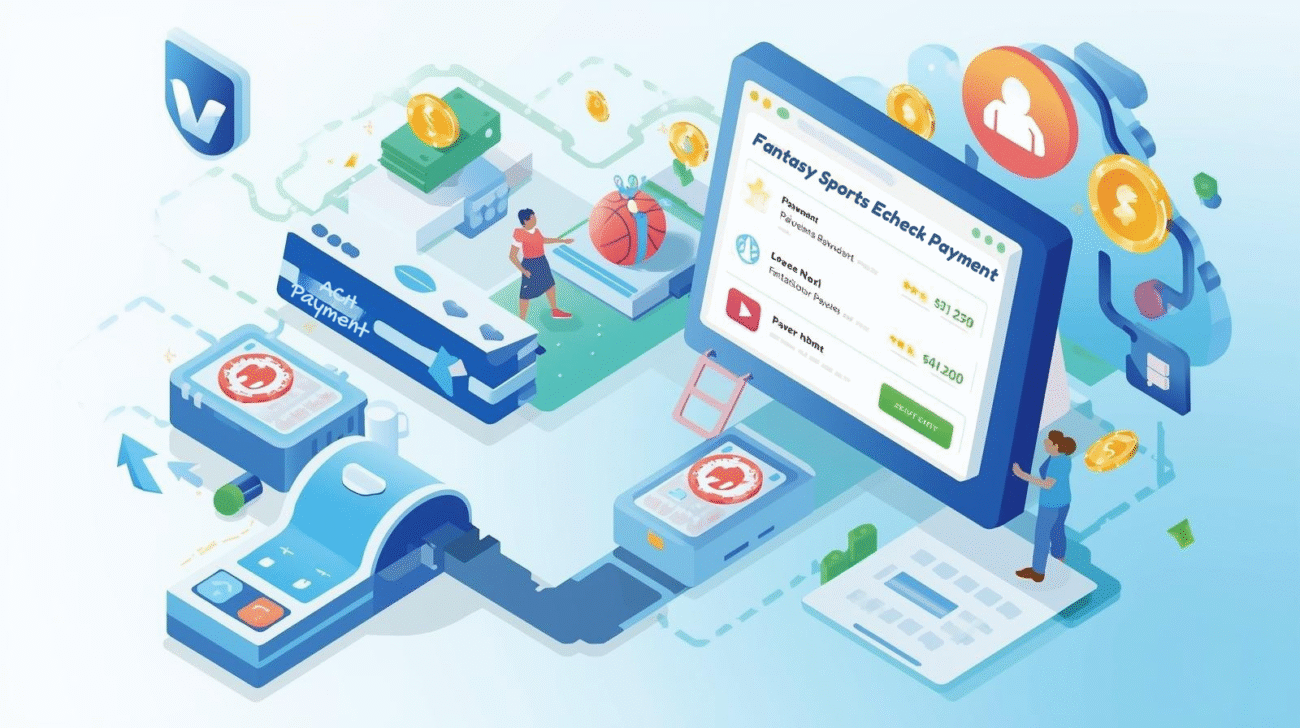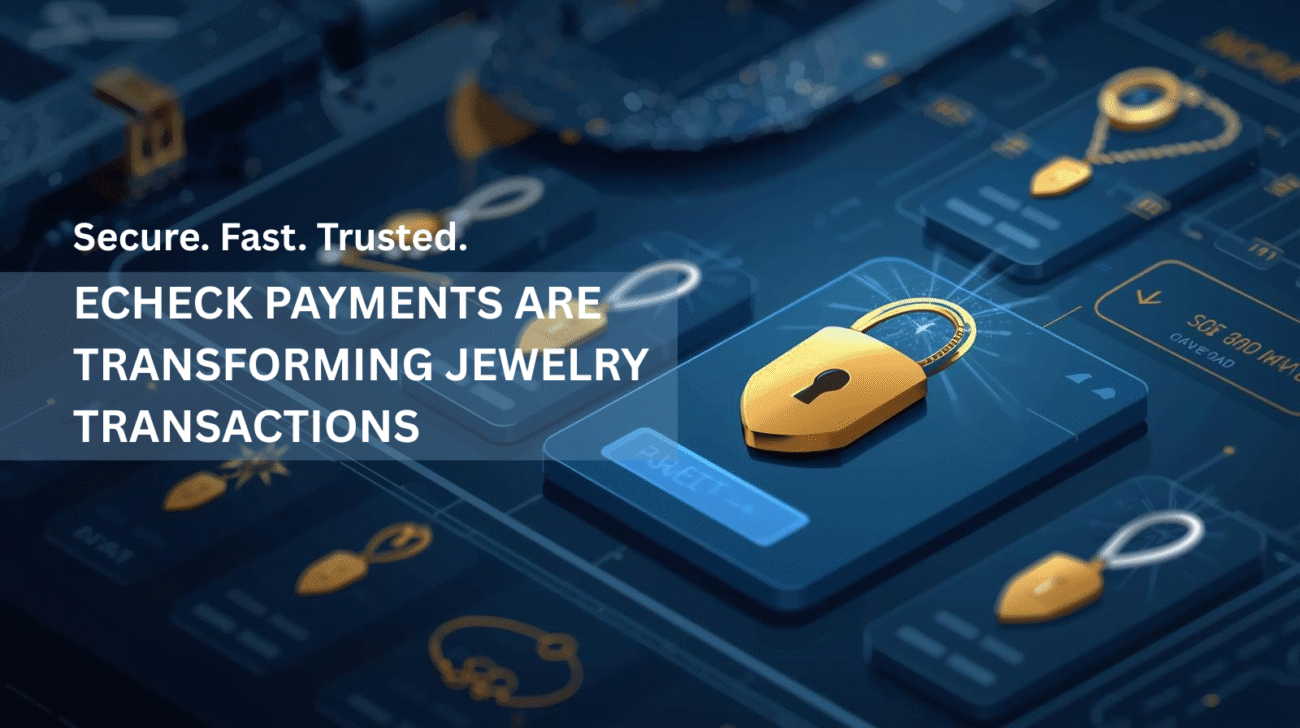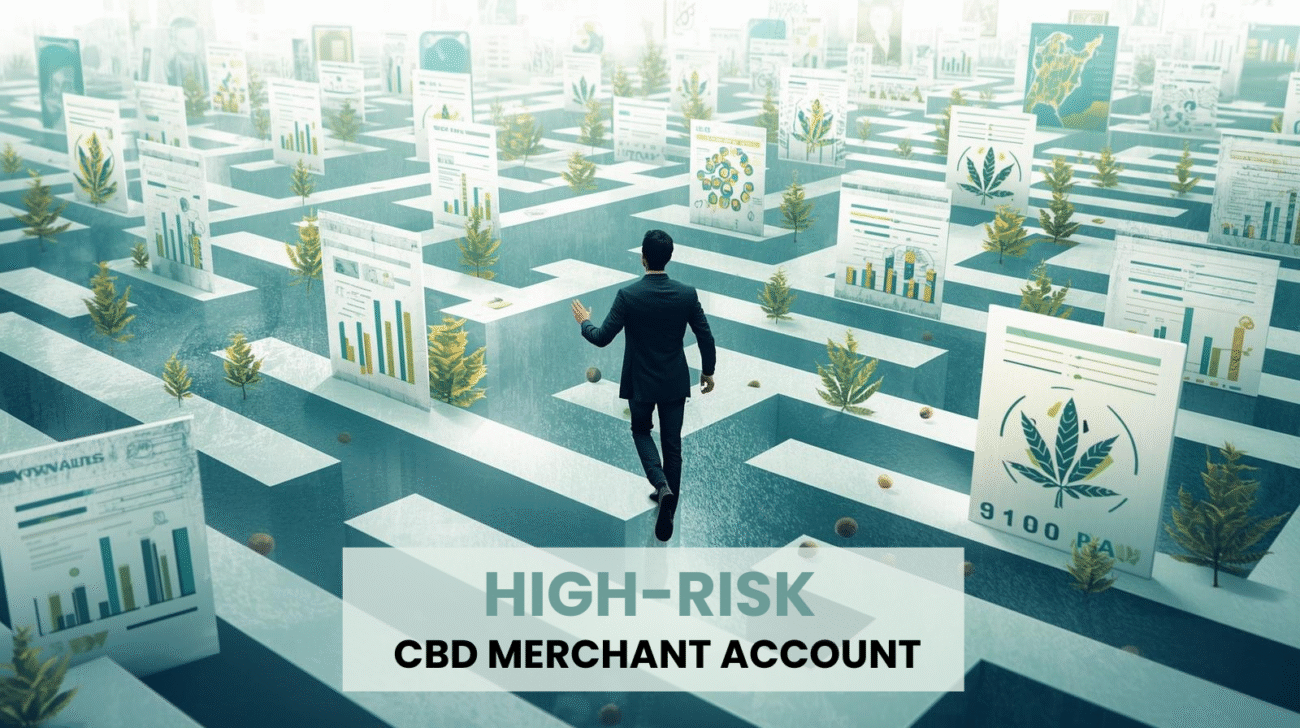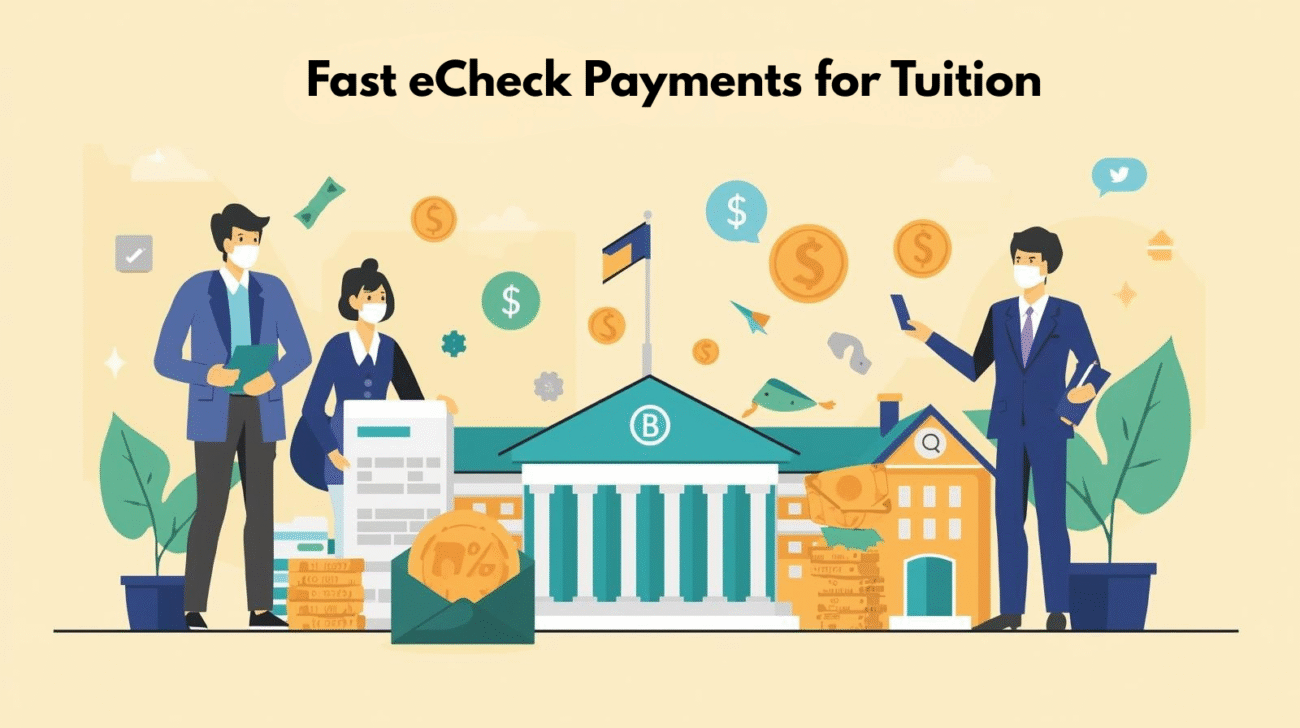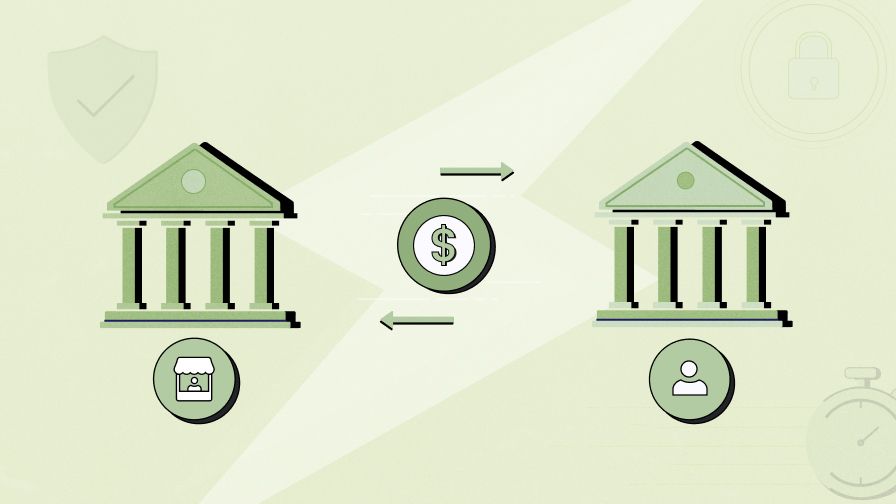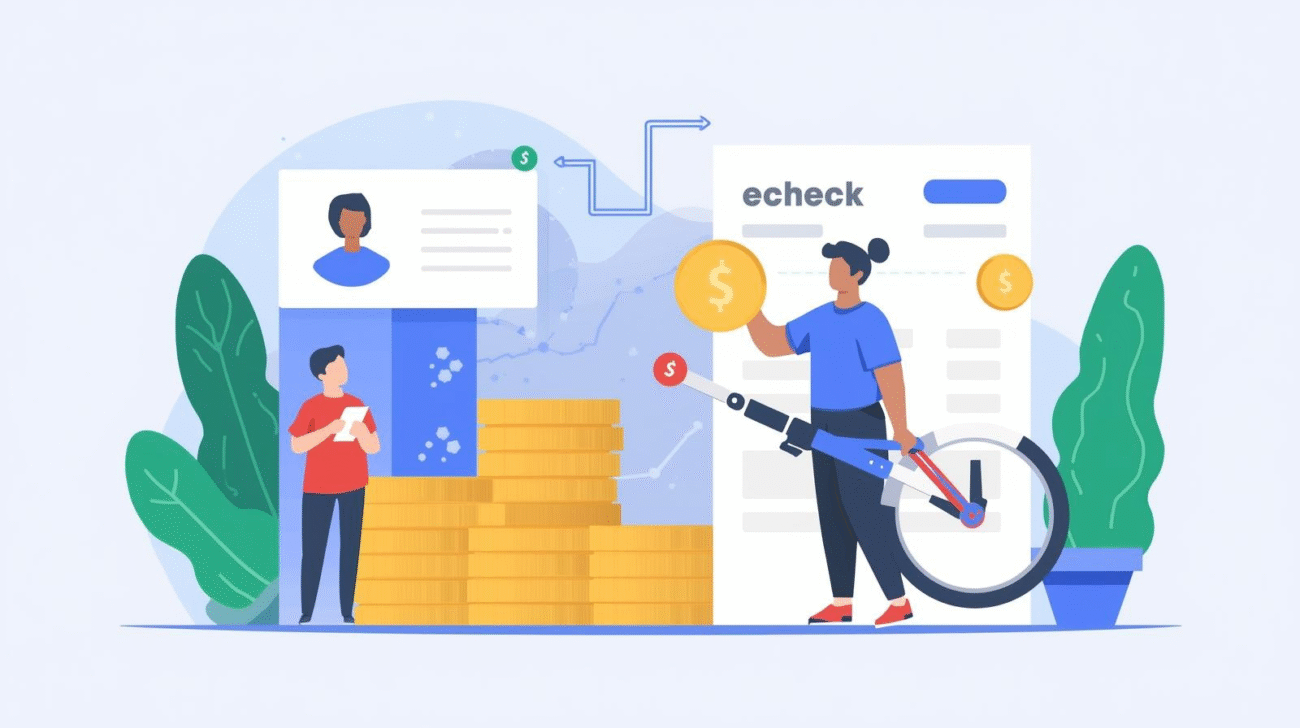The world of payments has evolved significantly in recent years, driven by advancements in technology, consumer preferences for speed and convenience, and a growing demand for more innovative financial services. A key factor contributing to this transformation is the emergence of partnerships between fintech companies and traditional financial institutions or businesses. These collaborations not only accelerate technological innovation but also expand payment capabilities, enabling companies to provide better services and customers to enjoy more seamless transactions.
In this blog, we’ll explore how fintech partnerships are reshaping the payment landscape and helping businesses unlock new opportunities in a rapidly changing market.
The Rise of Fintech Partnerships
Fintech, or financial technology, refers to innovative solutions that leverage technology to improve financial services. Whether it’s peer-to-peer payments, mobile banking, or cryptocurrency, fintech firms have become synonymous with efficiency and convenience. However, despite their agility, fintech companies often lack the robust infrastructure, regulatory expertise, and customer base that traditional financial institutions possess.
To overcome these limitations and expand their reach, fintech companies have increasingly formed strategic partnerships with banks, businesses, and other financial entities. These collaborations allow fintech firms to scale their solutions, while banks and businesses benefit from improved technology and streamlined operations.
The result is a win-win scenario: fintech companies bring cutting-edge payment technology to the table, and traditional institutions offer trust, compliance, and reach.
Key Benefits of Fintech Partnerships in Payments
- Improved Transaction Speed and Efficiency
One of the most noticeable impacts of fintech partnerships is the improvement in transaction speed and efficiency. Traditional payment methods often involve multiple steps and intermediaries, which can result in delayed payments and additional fees. Fintech solutions, such as mobile payment platforms and real-time processing systems, help to eliminate these bottlenecks.
By partnering with fintech firms, businesses can integrate these payment technologies into their existing systems, allowing them to process transactions in real time and reduce friction. This is especially beneficial for industries such as e-commerce, where speed and efficiency are crucial to maintaining customer satisfaction.
- Enhanced Security and Fraud Prevention
As digital transactions increase, so does the potential for fraud. Fintech companies specialize in creating sophisticated tools that enhance payment security, such as advanced encryption methods, biometric authentication, and artificial intelligence (AI)-driven fraud detection systems.
Partnerships between fintech firms and financial institutions can significantly bolster fraud prevention efforts. These collaborations allow businesses to leverage fintech’s cutting-edge security technologies while also benefiting from the compliance expertise of traditional financial institutions. As a result, customers enjoy greater peace of mind, and businesses reduce the risk of costly security breaches.
- Expanding Payment Options
Fintech partnerships enable businesses to offer a wider range of payment options to their customers. Whether it’s digital wallets, buy now, pay later (BNPL) services, or cryptocurrency, fintech innovations have diversified how consumers can pay for goods and services.
Through these partnerships, businesses can quickly integrate new payment methods without having to build the infrastructure from scratch. For example, many fintech companies offer plug-and-play solutions that allow businesses to accept payments via popular digital wallets like Apple Pay, Google Pay, and PayPal, or even newer payment methods such as blockchain-based systems.
This expanded flexibility not only improves the customer experience but also allows businesses to tap into new markets and demographics.
The Role of Fintech in Cross-Border Payments
One area where fintech partnerships have had a particularly profound impact is in cross-border payments. Traditionally, international transactions have been plagued by long processing times, high fees, and fluctuating exchange rates. Fintech companies specializing in cross-border payments, such as TransferWise (now Wise) and Revolut, have drastically reduced the time and cost of sending money internationally.
By forming partnerships with these fintech companies, businesses and banks can now offer more affordable and efficient international payment options. These partnerships enable companies to cater to a global customer base, making it easier for businesses to expand into new markets without facing the typical financial hurdles associated with cross-border transactions.
Fintech and Merchant Services: Revolutionizing Payment Processing
Merchant services are an essential component of any business that accepts payments from customers. Traditionally, businesses relied on banks and payment processors to handle transactions. However, fintech companies have disrupted this space by offering more affordable, customizable, and efficient solutions for businesses of all sizes.
Through partnerships, fintech firms provide businesses with enhanced payment processing solutions that include the ability to accept multiple forms of payment, such as credit cards, digital wallets, and even ACH accounts for recurring payments. Additionally, these fintech-powered services often come with built-in analytics tools that allow businesses to track sales, monitor customer behavior, and optimize their payment strategies.
For small businesses in particular, fintech partnerships can provide access to tools and resources that were previously only available to larger enterprises. This leveling of the playing field enables smaller companies to compete more effectively in the marketplace.
Case Study: The PayPal and Visa Partnership
A prime example of how fintech partnerships can expand payment capabilities is the collaboration between PayPal and Visa. In 2016, the two companies formed a strategic partnership aimed at improving the experience of consumers and merchants across the world.
Through this partnership, PayPal gained access to Visa’s global payment network, allowing it to enhance its services by offering seamless, real-time transactions. On the other hand, Visa benefited from PayPal’s massive customer base and digital wallet platform, which expanded its reach into the growing market of online payments.
This collaboration has allowed both companies to grow their respective customer bases and deliver more convenient, secure payment options. It’s a clear example of how fintech partnerships can lead to innovative solutions that benefit all parties involved.
The Future of Fintech Partnerships
As the fintech industry continues to evolve, we can expect more partnerships between fintech companies, traditional banks, and businesses. These collaborations will likely result in further improvements to payment processing, increased adoption of emerging technologies such as blockchain and artificial intelligence, and expanded access to financial services for underserved populations.
One emerging trend is the rise of embedded finance, where fintech solutions are seamlessly integrated into non-financial platforms. For example, ride-sharing apps like Uber and Lyft now offer in-app payment processing powered by fintech partnerships. This type of integration is set to grow, providing businesses with even more ways to deliver financial services and payment options directly to consumers.
Conclusion: A Path to Innovation and Growth
Fintech partnerships are a driving force behind the expansion of payment capabilities in today’s digital economy. These collaborations provide businesses with the tools and technology they need to stay competitive, improve customer satisfaction, and expand their reach. By embracing fintech partnerships, businesses can unlock new opportunities, streamline their payment processes, and offer their customers a seamless, secure, and efficient payment experience. As the fintech landscape continues to evolve, these partnerships will remain essential in shaping the future of payments, providing businesses with the innovation and flexibility they need to thrive.


